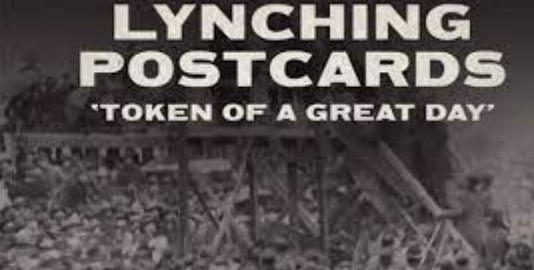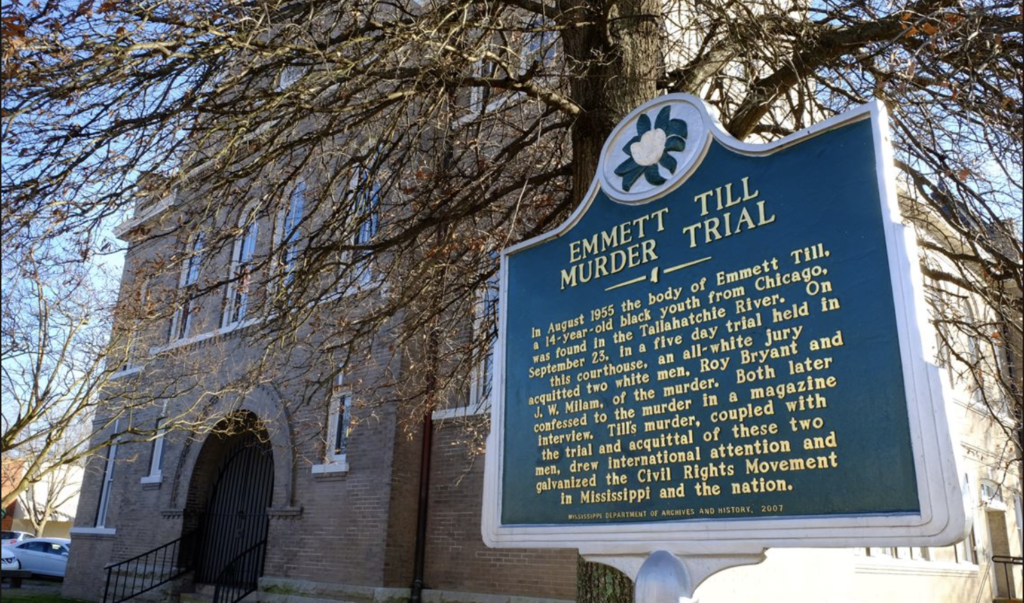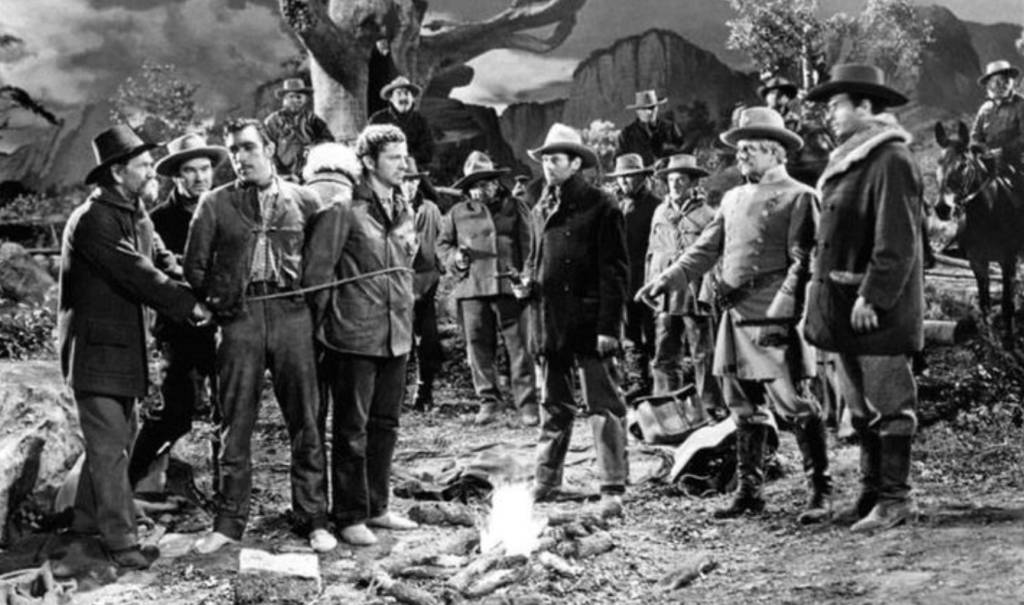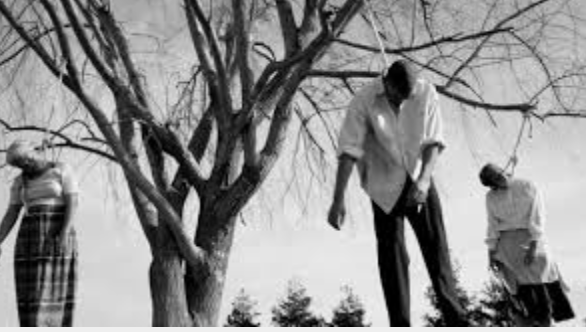“Southern trees bear a strange fruit, blood on the leaves and blood at the root …”
Three weeks ago, President Joe Biden signed the Emmitt Till Anti-Lynching Act into law, making it a federal hate crime to cause someone’s death or serious bodily injury by hanging or other actions.
The bill was named for one of the most infamous cases of the pre-civil rights era. Till was a 14-year-old boy from Chicago visiting relatives in northern Mississippi. He was abducted and killed by two white men for allegedly whistling at or otherwise flirting with a white woman outside a grocery store in Money, MS.
Of course, Fox News and others on the right downplayed the bill.
“Instead of tackling inflation or the border, our President signed a bill to classify lynching as a hate crime,” Fox’s Jessie Watters said. “How is this our top priority right now? Nobody has been lynched in America in decades.”
Two words, Marse Jessie:
Ahmaud Arbery.
And two more.
George Floyd.
Lynching was about more than just hanging, more than just the strange fruit hanging from southern trees. The first anti-lynching bill was introduced in Congress 87 years ago, and it was blocked time and again by southern senators. Those old Jim Crow Democrats, who mostly became Republicans because of civil rights, essentially held a veto power because of the filibuster.
One of Franklin D. Roosevelt’s great failures was not pushing for anti-lynching laws because he needed southern support, first for the New Deal and then for the buildup to World War II.

As for the people in the states that were most guilty, lynching was almost a spectator sport. And yes, there were postcards.
From 1882 to 1968, nearly 4,800 people were lynched in the United States, with more than 70 percent of them African-American. Mississippi was the worst offender, with NAACP records showing 581 lynchings within its borders.
Georgia had the second highest total and Texas the third.
Money, MS, was never much of a town, with about 400 people at its peak. Now there are fewer than 100 people. Other than Emmitt Till, the town’s only claim to fame is being near the bridge crossing the Tallahatchie River from the song “Ode to Billie Joe.”

Sadly, maybe the best movie about lynching had nothing to do with race. The 1942 Henry Fonda movie “The Ox-Bow Incident” had a posse of vigilantes in the Old West catching and hanging three men they thought were cattle rustlers.
Of course they learn after killing the three “rustlers” that the men actually were innocent and had legally purchased the cattle from a local rancher. It’s a great story, but nothing like the racial terror in the South. The two men who killed Till were acquitted by a jury, and later admitted in Life magazine that of course they had killed the boy.

Is it really meaningless that Congress finally enacted an anti-lynching law? Some folks will certainly say so, but it’s 87 years since a bill was first introduced in Congress and failed to pass.
Whether it has much actual effect, at least we can finally stand up and say no, lynching was and is wrong.
If the question is “Why?” the answer is simple.
“Why not?”

